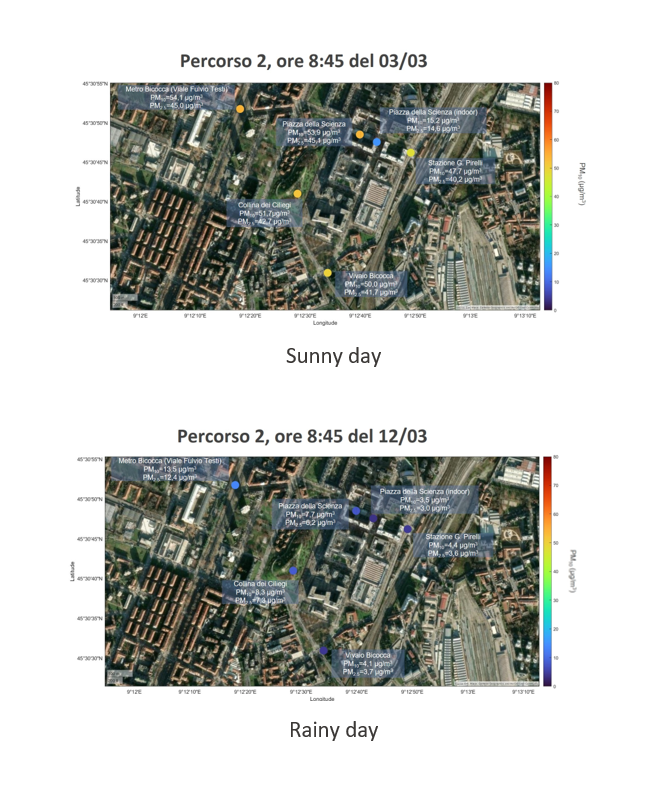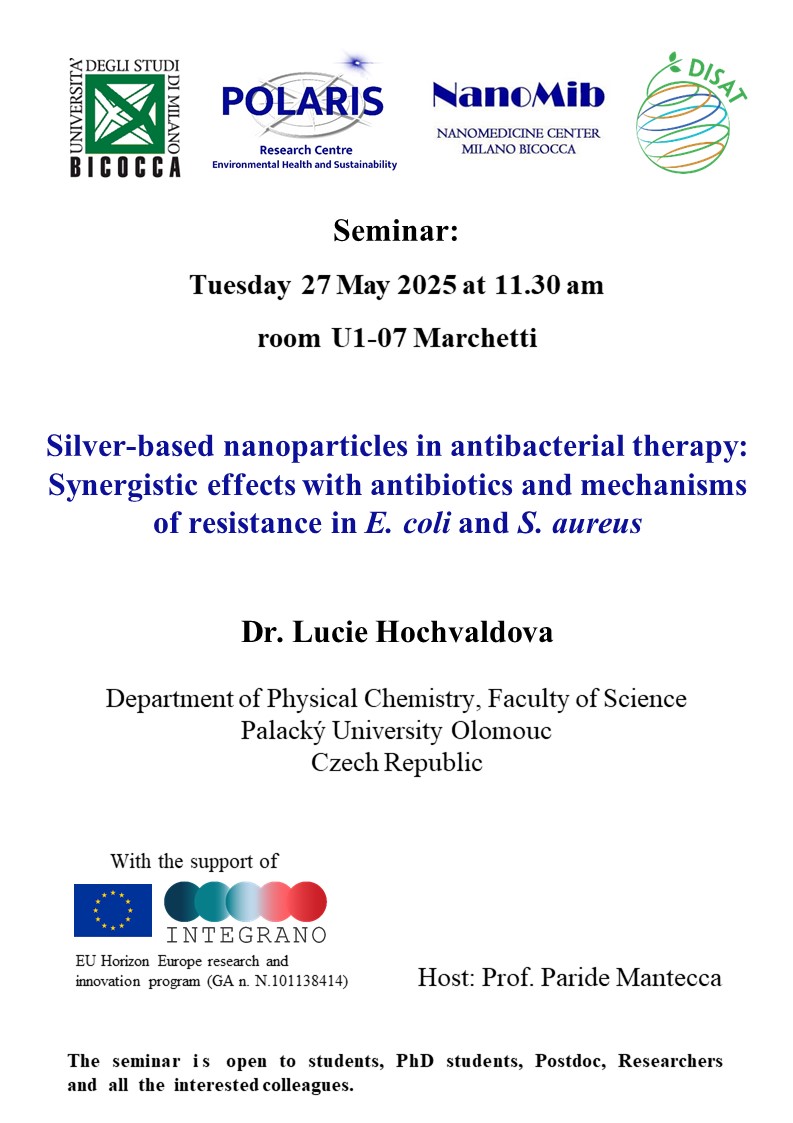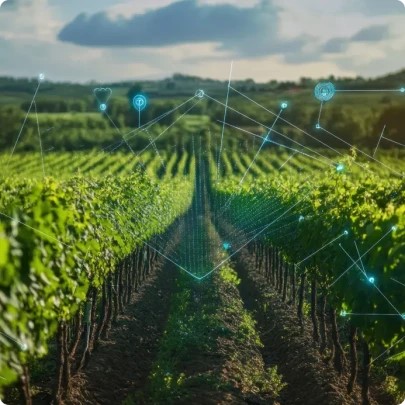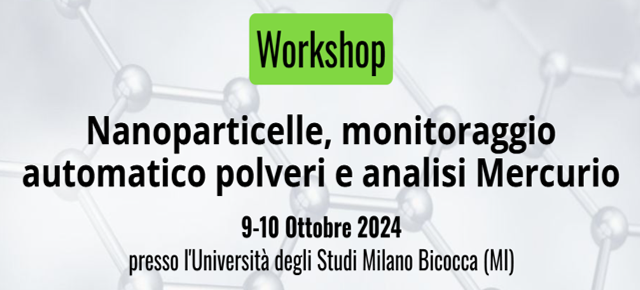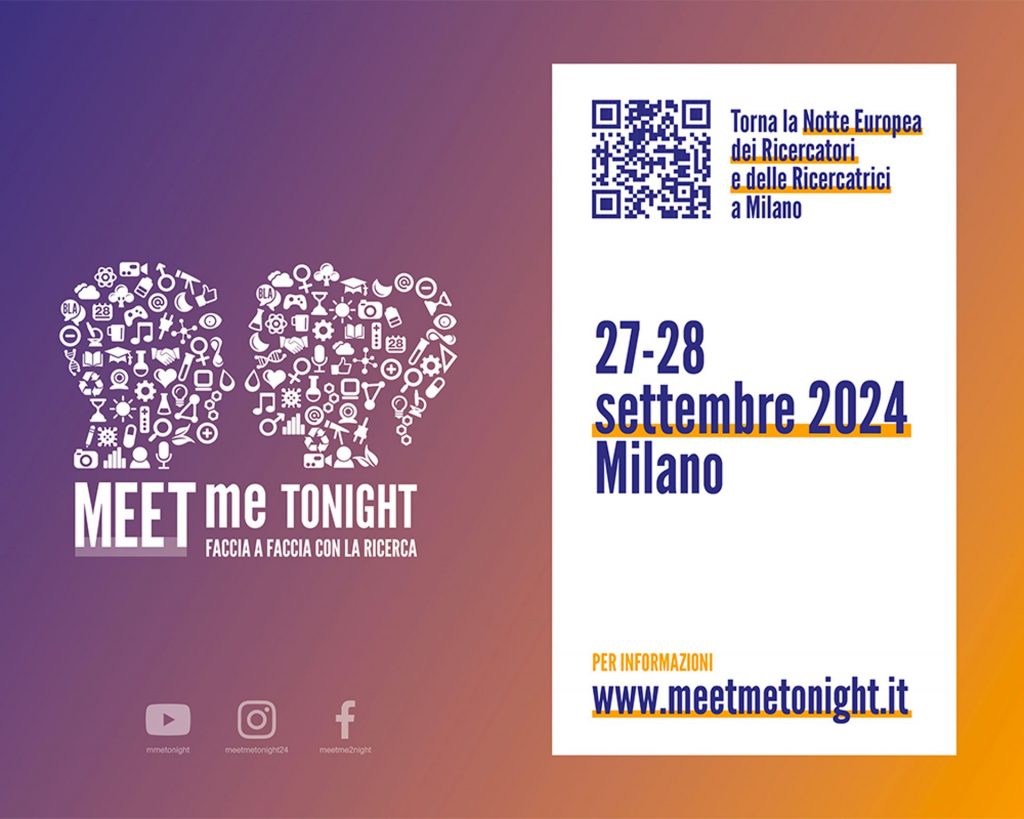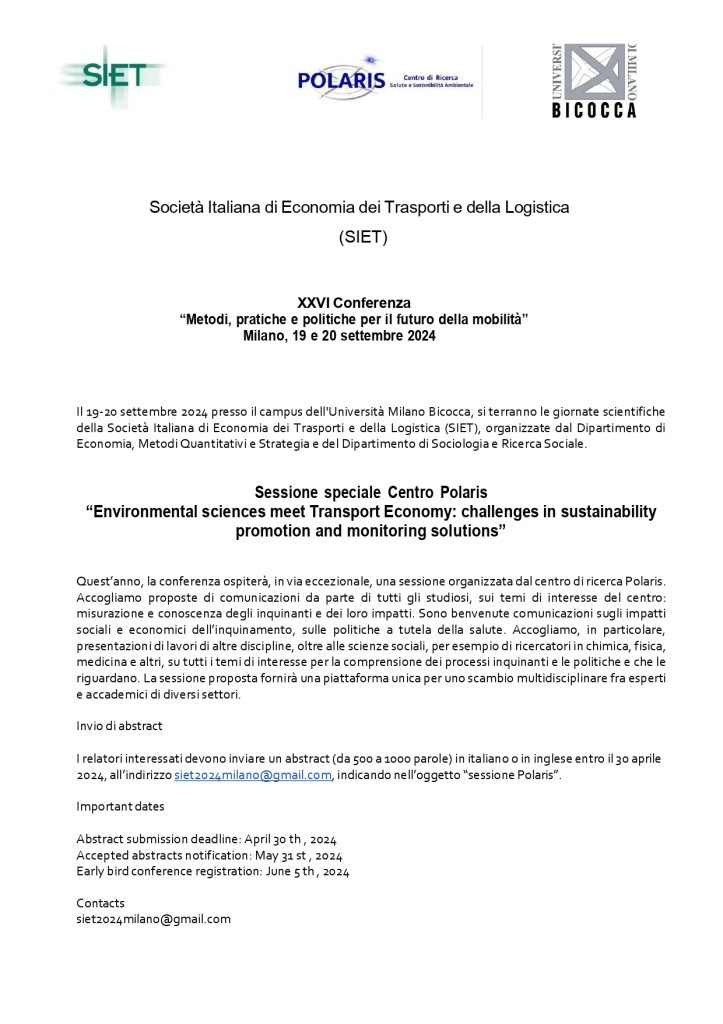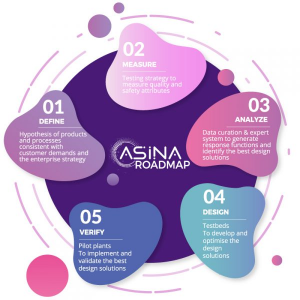Real-time Environmental Sensing for Personal Intelligent Risk Optimization – RESPIRO
In a world where the quality of the air we breathe is increasingly at the center of attention, the idea of RESPIRO was born: an innovative, portable, intelligent and economical device, designed to help every citizen to monitor the surrounding environment and make informed decisions in real time.
RESPIRO is more than just a sensor: it is a knowledge and awareness platform that puts the power of science in the hands of every citizen
Born from an idea of the POLARIS Interdepartmental Research Centre of the University of Milan Bicocca, RESPIRO was developed within the MUSA project, by the University of Milan-Bicocca and by ROAD – Rome Advanced District, in collaboration with a specialized company in the sector, XEarPro Srl.
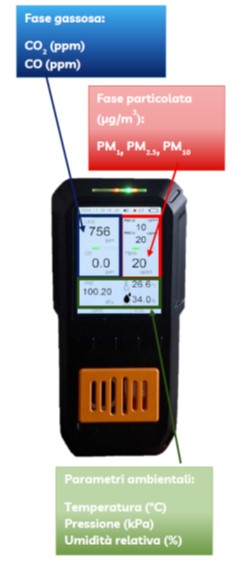
RESPIRO was designed to allow everyone to know in real time the air quality of every place, even inside buildings.
It is a device capable of detecting the presence of air pollutants such as fine and ultrafine particulate matter (PM10, PM2.5 and PM1), carbon dioxide (CO2) and carbon monoxide (CO) and integrating the data with information on temperature, humidity and atmospheric pressure. Being physically compact and wearable, it can check the characteristics of the air in multiple points, attaching to backpacks or jackets. Each number is georeferenced, transmitted to a central server in real time and projected on an LED display, where it provides the user with a detailed and immediate picture of the air quality of the environments in which they live.
The practical innovation of RESPIRO lies in the fact that the device can be used not only by scientists who are experts in air quality, but by anyone who wants to evaluate more conscious choices about their exposure to pollutants. By enabling participatory science approaches, it aims to improve the well-being of all through the active involvement of citizens, students and researchers who move around the neighborhoods. The data collected are integrated into a broader monitoring network, useful both to the scientific community and to the territory.
The final goal is not only to measure pollution, but to understand how urban policies and lifestyles can concretely improve public health. It is therefore an important step forward in the protection of health and urban sustainability, offering citizens an advanced tool for analyzing the surrounding environment.
Already tested in prototype form, the tool will thus allow everyone to have reliable data on risk areas available and identify behaviors for which more incisive interventions are necessary.
As part of a participatory science project, researchers from UNIMIB and ROAD have recently designed and implemented pilot campaigns in which workers and students monitored the air quality of the Bicocca district (Milan) and the Ostiense district (Rome) using the device.
The campaigns involved several phases:
We gave each volunteer a device, assigning a route and time slot in which to perform at least three repetitions of the dynamic monitoring (lasting approximately 1 hour) in the neighborhood of interest. Through guided routes, the volunteers were able to appreciate the spatial and temporal variations of the concentrations of pollutants in the neighborhood, actively contributing to the research.
At the end of the campaign, data analysis allowed us to create maps representing the air quality of the neighborhood under study in different time slots and to appreciate any differences between days or time slots with different concentrations of particulate matter or meteorological situations.
The image below shows an example of the campaign carried out in the Bicocca district with data collected on two days with different weather conditions: sunny vs. rain.
